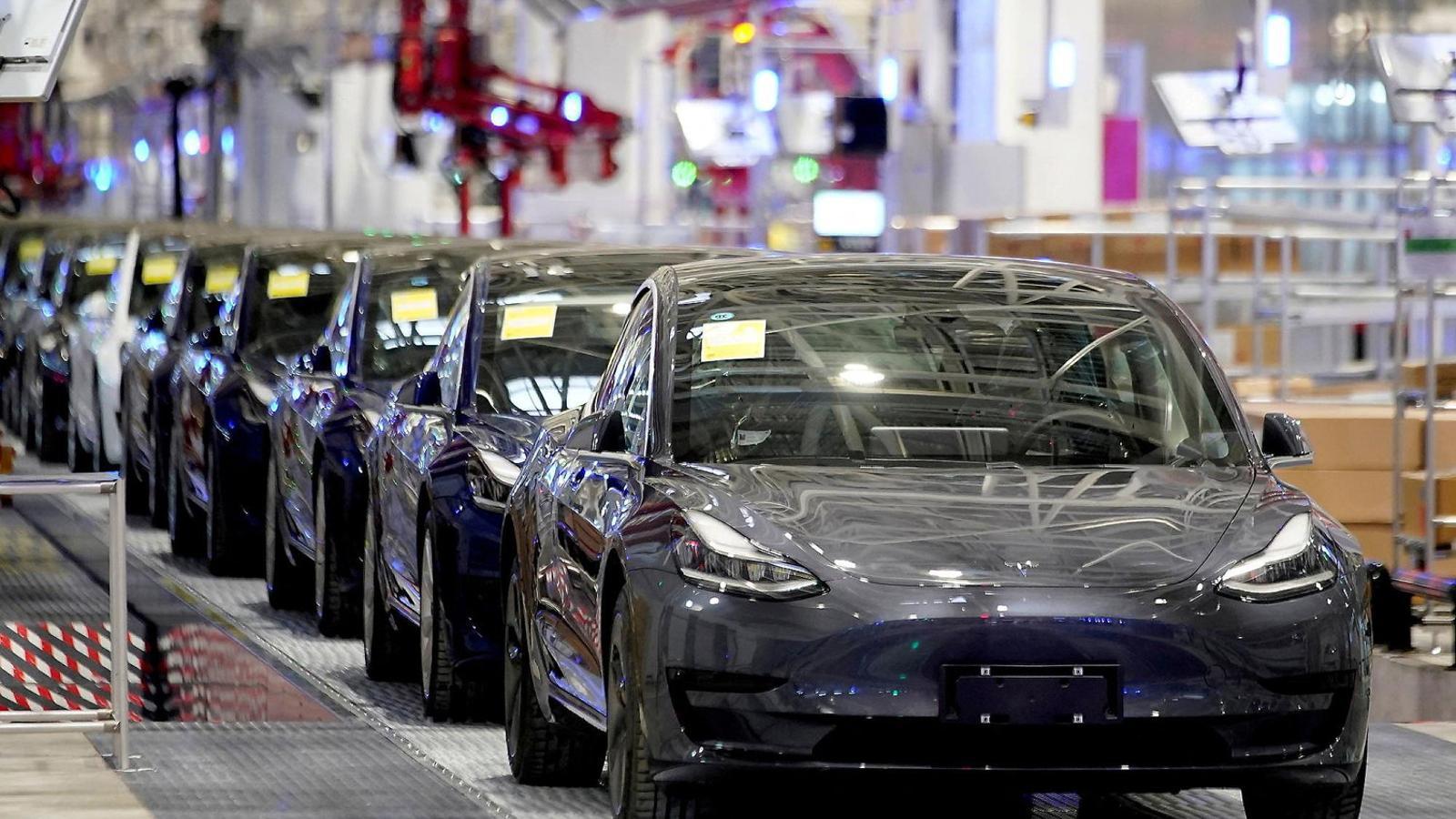An appeals court declares most of Trump's tariffs illegal, but keeps them in place.
The ruling affects reciprocal tariffs, among others, but will most likely be appealed to the Supreme Court.


WashingtonAnother judicial setback for Donald Trump, and this time for one of the pillars of his economic policies. A Washington appeals court ruled this Friday afternoon (early Saturday morning in Catalonia) that most of the president's tariffs are illegal, as he allegedly abused his emergency powers to declare them. The ruling affects both the so-called reciprocal tariffs (which include the entire battery of taxes in the EU and other countries) and those he imposed on Mexico, Canada, and China. All of them were enacted in accordance with the International Emergency Economic Powers Act (IEEPA), a law that grants the president the power to address "unusual and extraordinary threats" during national emergencies.
The justices concluded that the IEEPA "does not authorize taxes imposed through executive orders." Even so, they have postponed the implementation of their ruling until October to give the administration time to appeal the decision to the Supreme Court, which Trump has already hinted he will do in a post on Truth Social shortly after the ruling was announced. "Now, with the help of the Supreme Court, we will use them [the executive orders] to benefit our nation," the president wrote, already assuming that the conservative majority that makes up the high court will side with him.
In the same way that he implicitly acknowledges that there is bias in the Supreme Court—otherwise he could not take the ruling for granted—he has accused the appeals court of being "partisan" for not swaying him: "Today a highly politicized appeals court said it was wrong that the United States will win in the end." He added: "All taxes are still in place."
The tariffs, which Trump defends as the magic bullet to solve the country's fiscal deficit, have also served as a pressure tool to extract economic concessions from other countries. On the contrary, they have weakened the dollar and increased volatility in financial markets. The court's decision does not affect tariffs issued under other legal authority, such as Trump's tariffs on steel and aluminum imports.
The IEEPA, which dates back to 1977, had historically been used to sanction enemies or freeze their assets. Trump was the first president to use it to impose tariffs. In the case of Mexico and Canada, he sought to justify the taxes by declaring a crisis on the border due to immigration and fentanyl trafficking. He did the same with China, but only with fentanyl, and said that the Asian giant had not done enough to prevent the drug from reaching the United States.
The IEEPA does not explicitly mention tariffs, though it allows the president to take a broad range of actions in response to a crisis. Trump's Justice Department has argued that the rule allows taxes to be imposed within emergency provisions that authorize the president to "regulate" imports or block them entirely.
Friday's decision follows two cases that had reached the appeals court table: one brought by five small U.S. businesses and another by 12 Democratic-run states, which argued that the IEEPA does not authorize tariffs. The Constitution grants Congress, not the president, the authority to impose taxes and tariffs, and any delegation of that authority must be explicit and limited, the lawsuits say.
The U.S. Court of International Trade, based in New York, ruled against the tariff policies on May 28, saying Trump had exceeded his authority with the challenged tariffs. The three-judge panel included a judge appointed by Trump himself during his first term. Another court in Washington also ruled that the IEEPA does not authorize Trump's tariffs, and the administration has also appealed that decision. At least eight lawsuits have challenged Trump's tariff policies, including one filed by the state of California.
